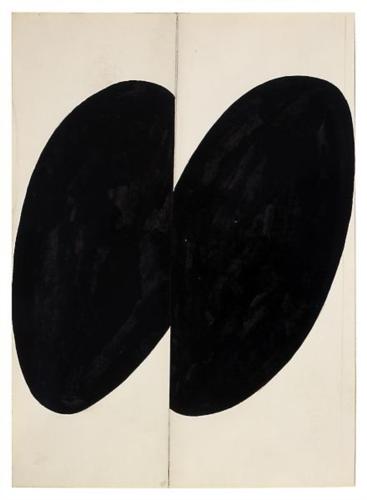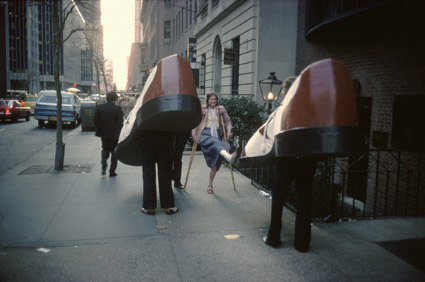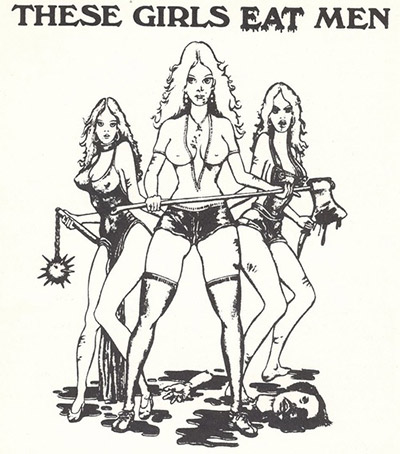As many theorists have noted, consciousness, while both familiar and intimate, remains deeply mysterious. The problem of explaining consciousness persists despite all attempts from the pre-Socratic Greeks to modern day philosophers at illuminating this perplexing subject. Throughout history many great thinkers supported the notion that consciousness or some sort of spiritual reality is distinct from matter, and indeed might be the fundamental source of all reality. However, the dominant view in the twentieth century settled on a more materialistic argument: consciousness most likely emerges from complex biological processes, which in turn are based ultimately on complex interactions between subatomic particles.
This view remains unsatisfactory for some philosophers of mind. While advances in neuroscience have led to improvements in our understanding of how processes within the brain work, we still are no closer to understanding experience at the most basic level. This is what Chalmers (1995) has termed the “hard problem” of consciousness. According to Chalmers, materialistic explanations of consciousness would be consistent with a world populated by zombies acting like people in the world, yet devoid of interior experience. Tackling the hard problem of conscious- ness, Chalmers argues, likely requires abandoning a purely materialistic view of consciousness.
The various theories of consciousness can arguably be grouped into five categories: materialism, dualism, panpsychism, neutral monism, and idealism. As noted above, the current mainstream view looks for materialistic explanations. This typically takes the form of arguing that consciousness must be a higher level activity that has emerged from lower level processes, such as complex biological processes. […]
Material dualism holds that matter and consciousness are two substances that differ fundamentally in a number of ways.1 This and other differences lead to the perhaps unsolvable problem of how such fundamentally different substances can interact. Historically, support for dualism fits well with such religious notions as the soul or supernatural agency. Dualism has attracted fewer adherents, however, as philosophy gravitated toward more naturalistic explanations. […]
Two closely related alternatives are panpsychism and neutral monism. Panpsychism holds that matter and mind are joined as one. The usual view of panpsychism holds that all matter, even electrons, has some aspect of mind, albeit at a rudi- mentary level. While panpsychism has relatively few adherents today, this class of explanations has had a long history in philosophy, being a close relative to animism that was common in early cultures (Skrbina, 2007). Neutral monism holds that matter and consciousness are aspects of some more neutral and fundamental reality. […]
One last alternative is idealism, which holds that the physical universe is composed of mind. […]
After a brief survey of the evidence, I conclude that the best explanation would probably be neutral monism. I then explore a framework for neutral monism, using well-known features of quantum mechanics, to develop a ground or bridge between consciousness and matter.
{ The Journal of Mind and Behavior | PDF }






















